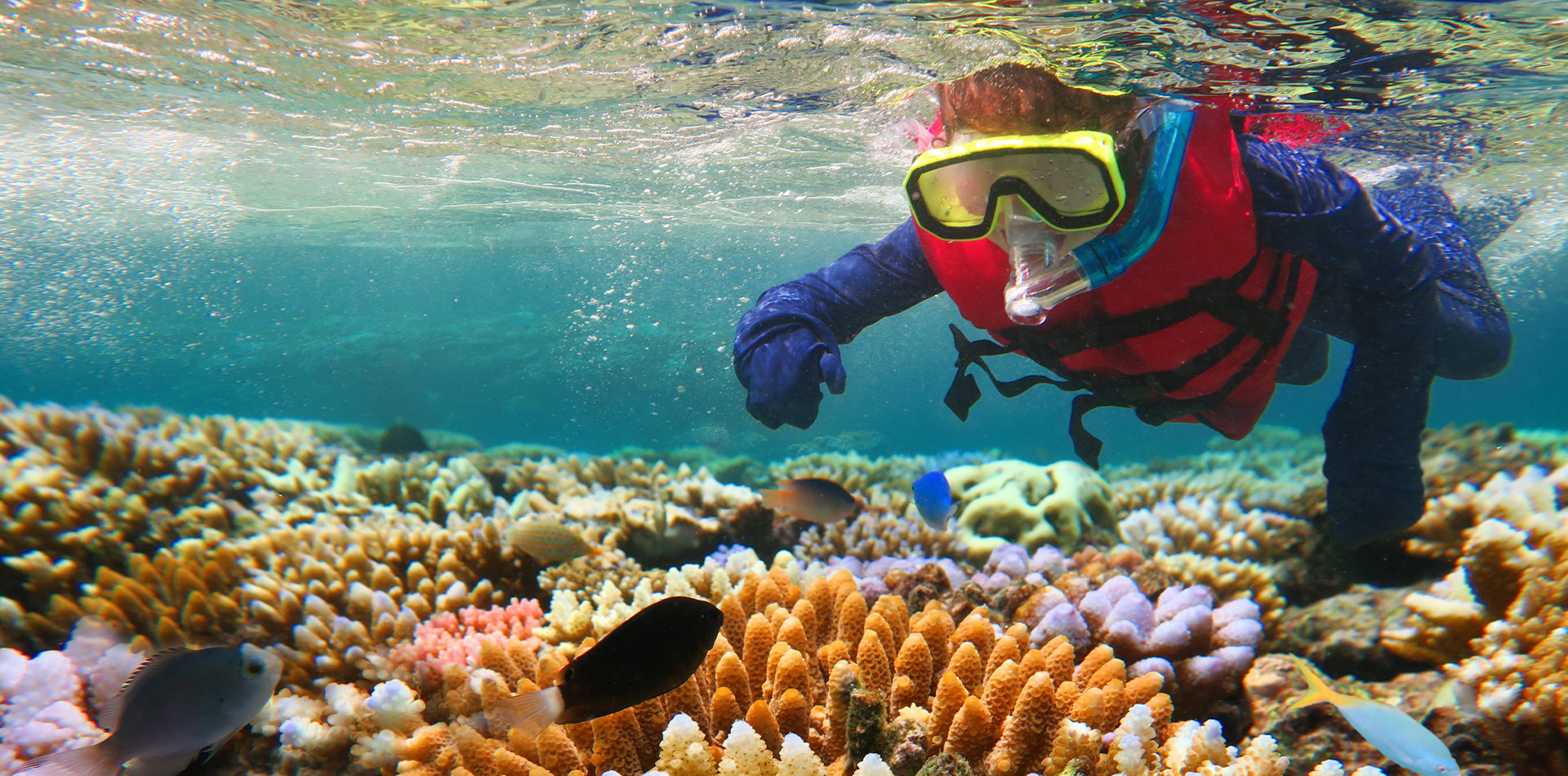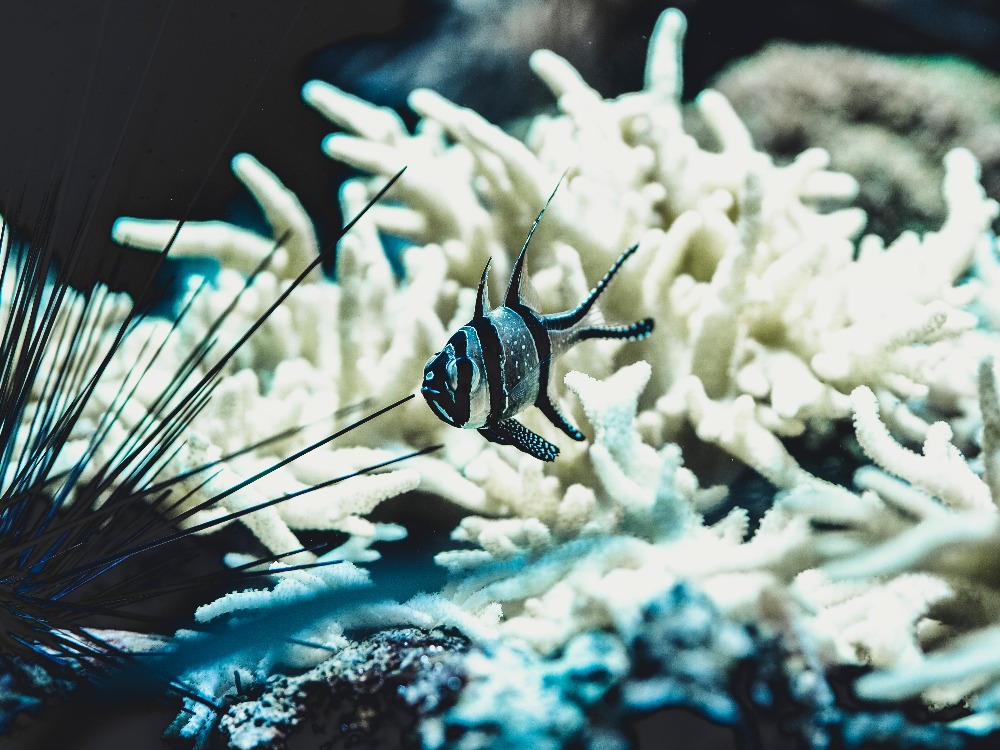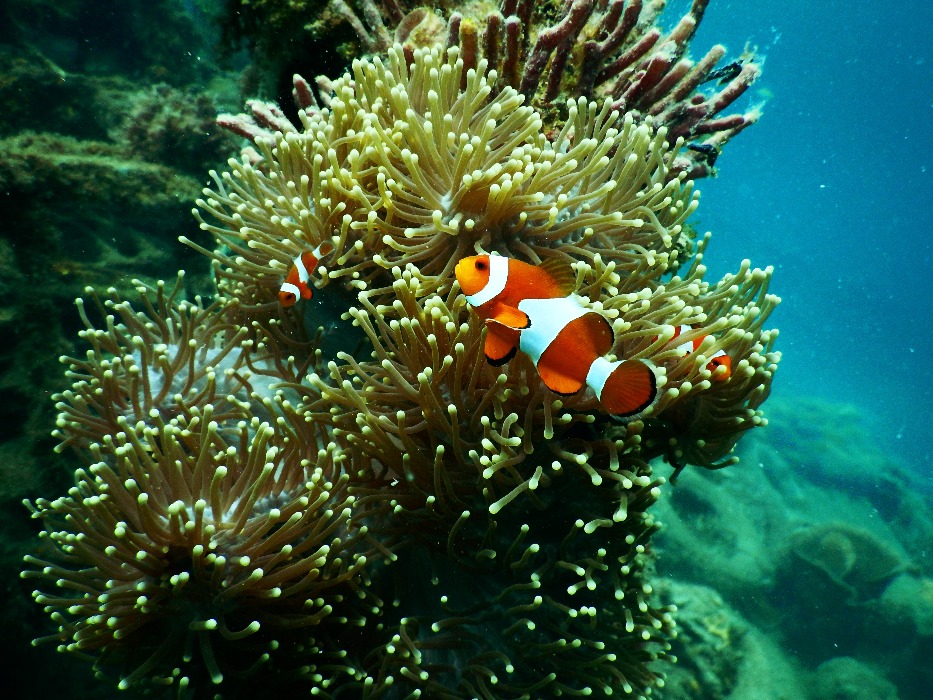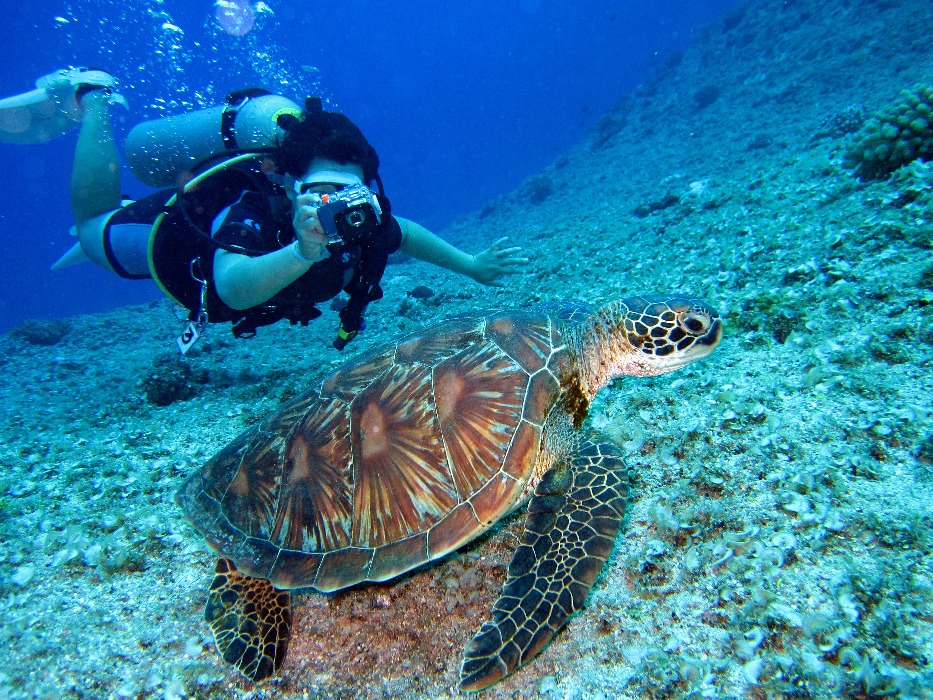“In the end we will conserve only what we love; we will love only what we understand; and we will understand only what we are taught.”
– Baba Dioum

With human activities and climate change devastating the marine environment, we discuss the potential of citizen science projects to bridge data gaps and empower local conservation participation in the hope of rescuing the world’s oceans.
“In the end we will conserve only what we love; we will love only what we understand; and we will understand only what we are taught.”
– Baba Dioum


Overfishing and marine pollution top the list of the greatest threats to our ocean with climate change and sea-level rise exacerbating these problems. Consequently, this has pushed some of the most iconic marine environments such as our vibrant coral reefs and ice-capped seas to the brink of collapse. This has led to calls for improved and united conservation management plans, to fill gaps in ocean knowledge and enable conservation action worldwide.
Citizen science is defined as scientific research whereby the public collects, categorises, transcribes or analyses scientific data and offers a promising alternative to more traditional forms of scientific research. This approach is beneficial when translating research into conservation, a gap often not bridged by scientists. Data collected by local communities and citizen science initiatives can be provided for remote habitats, in real-time, and in large quantities, removing data gaps by sheer ‘man-power’. Additionally, this approach gives back by improving scientific literacy, inspiring ocean awareness, and increasing the sharing of knowledge to wider social networks. With the advent of smartphone technology, there is now much more potential for web-based citizen science, increasing speed and accessibility to a much wider audience.
Pioneered on the Great Barrier Reef, one of the most established citizen science projects is Coral Watch. This project uses a hands-on and easy to use coral health chart to compare the colour of a coral colony to colour on the chart. Each colour has an assigned code that can be input into a database, giving scientists a proxy for how healthy a coral is. The Coral Watch chart has now been used by people in over 78 countries and has taken data from greater that 1,910 reefs globally. This project has helped promote behavioural change towards a more sustainable future and has raised awareness for Australia’s beloved coral reefs.


Finally, citizen science gives the opportunity to proactively understand the local communities and develop meaningful relationships with participants. This aims to remove the mystery of science to the general public and debunk its sometimes-elitist nature. The key to a successful citizen project employs easy to use accessible tools that can be use by the trained and untrained alike. Allowing community involvement to create research questions and methodology, instils ownership and responsibility of the outcome.
Due to the imperilled state of our oceans, we must use our full range of resources in order to make a positive change. Through engaging citizen scientists in marine conservation initiatives, we can tap into this underutilised resource to have a more prominent role in saving our oceans.
Our marine conservation work would not be possible without the generous support of our donors and members. Please follow the link below to discover how you can make a difference.